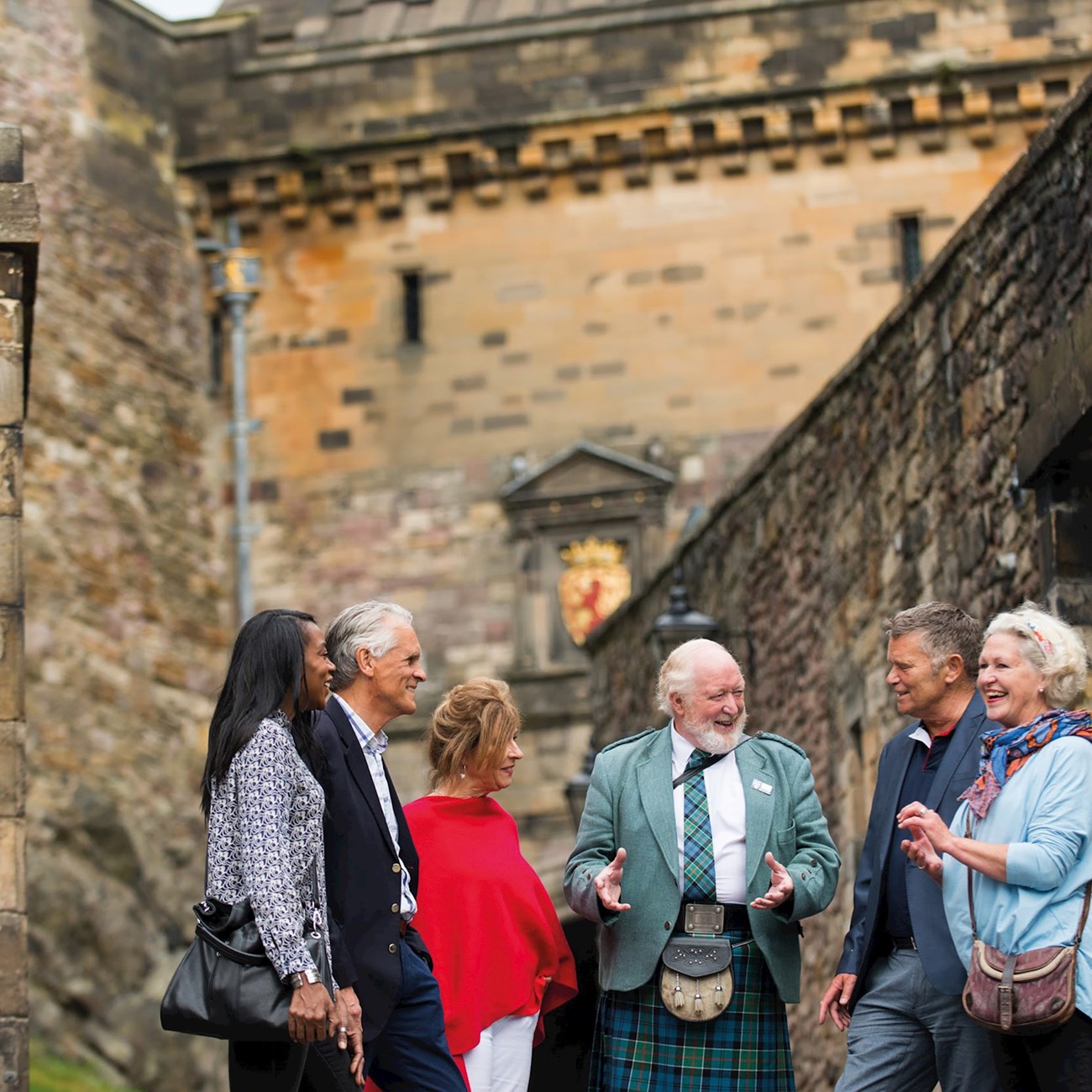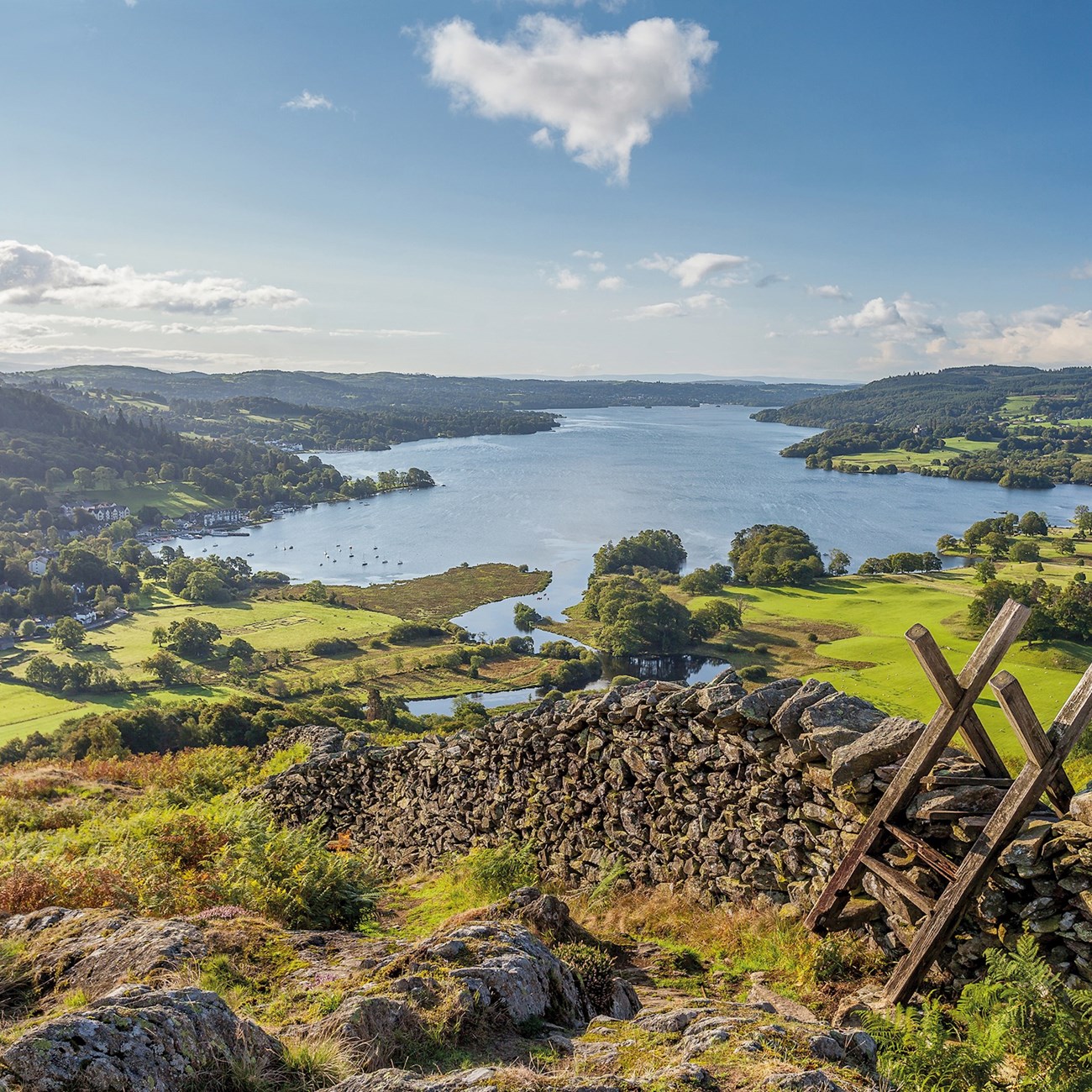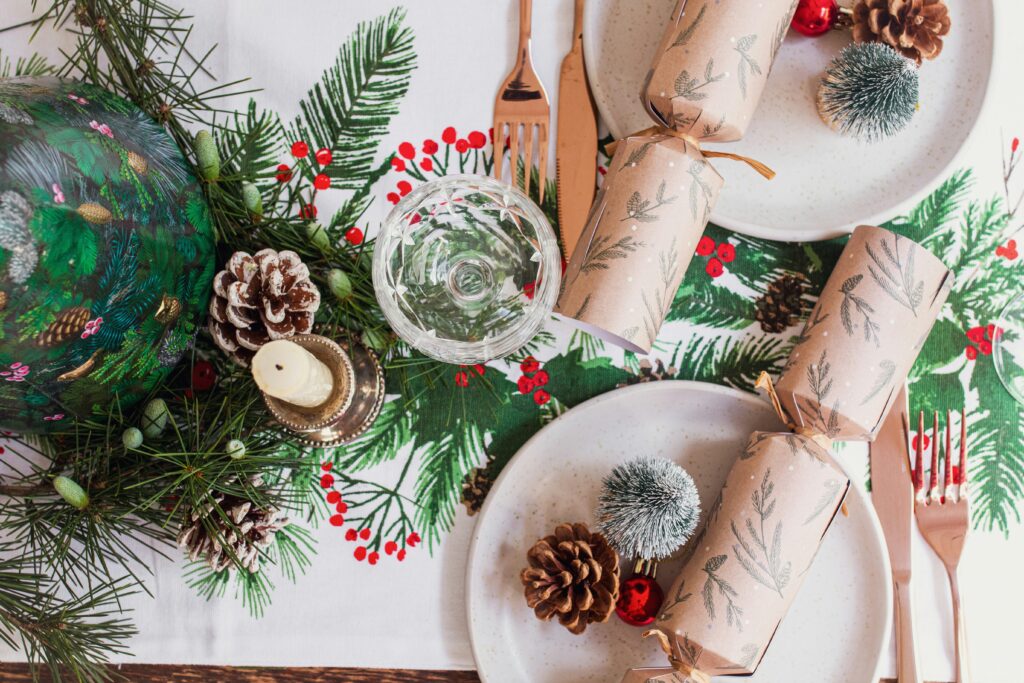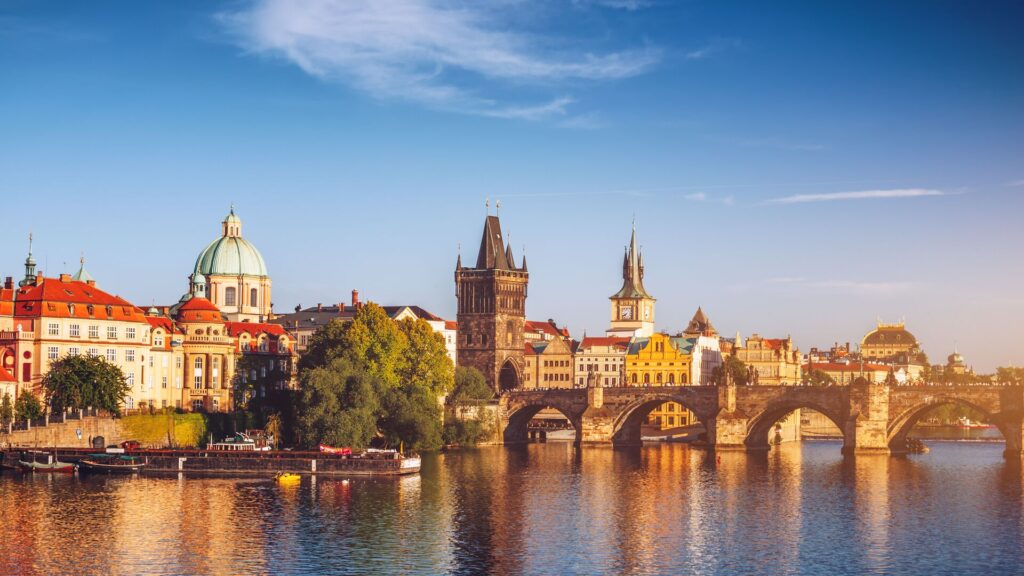Rules, Britannia: A Guide to UK Manners and Mannerisms
Welcome to the whimsical world of UK manners, where politeness is practically an art form! As a visitor, navigating the subtleties of British etiquette can be both amusing and enlightening. From the nuances of queueing to navigating a zebra crossing and the charming ritual of teatime, we’ve put together a handy guide to help you understand the rules and nuances. With these tips in your back pocket, you’ll confidently embrace British customs while enjoying a delightful trip. Get ready to sip tea and say “sorry”!
When and where to strike up conversations with strangers
When it comes to UK manners, striking up a conversation with a stranger can lead to fun tales about local life, but timing and context are everything. Ideally, the perfect moment to engage is during leisurely activities, such as waiting for your pint at the pub, or standing in line for the latest exhibition. There’s an unspoken camaraderie in these shared experiences, making a pleasant chat feel natural. A casual observation, like a cheeky comment about the weather or an amusing mishap involving a passing dog, can break the ice effortlessly and you might just make a new friend or share a laugh.
However, Brits often appreciate their personal space so starting a conversation in a lift may be met with an awkward shuffle further into a corner. Similarly, talking to someone on public transport (particularly the London Underground) may well deliver a nervous glance behind them. The best advice is to read the room and choose your moments wisely.
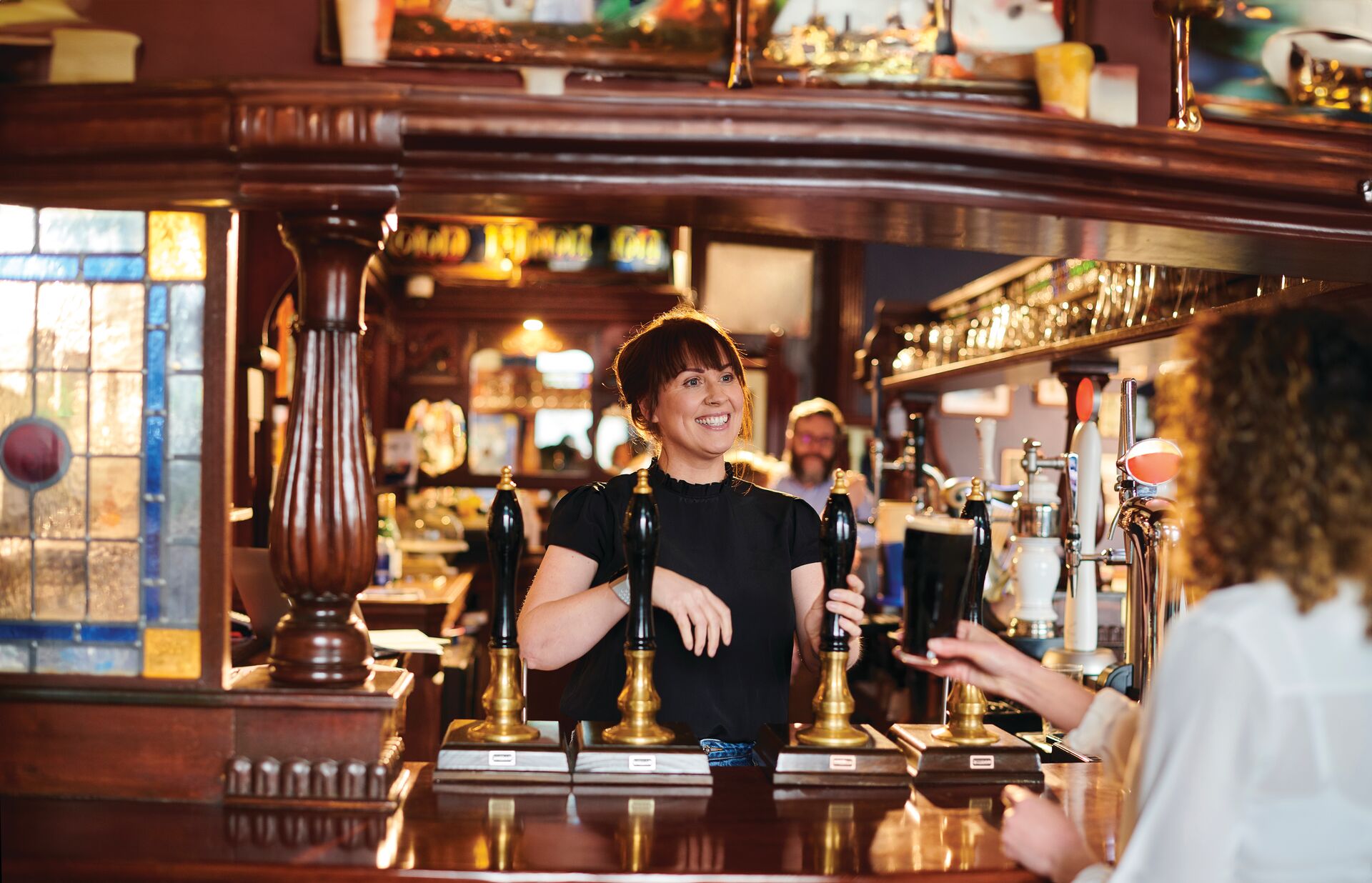
A common place to meet strangers is the famous British pub. The word pub is short for ‘public house’; it is literally a house for everyone in the community to sit, relax and socialise. It is common to find families, visitors and people of all ages together.
Talking about the weather
You’ll be pleased to learn that, when in the UK, you’ll never be short of something to say. Brits just LOVE to talk about the weather. Want to open a conversation with a stranger, fill an awkward silence or catch up with an old friend? Talk about the weather. Whether it’s blistering sun or pouring rain, it’s the ultimate conversation starter and an unwritten law of social interaction, whether between strangers or friends and family.
“Lovely weather isn’t it?” you might hear, even when it’s overcast, as if trying to will the sun to join the party. The quintessential British response to rain? “Well, it’s typical, isn’t it?” Followed by an elaborate lament about how summer never truly arrives. They can also forecast doom with startling accuracy: “Better take an umbrella; you never know!” British people have also developed an impressive vocabulary around atmospheric conditions, be prepared to add spitting, drizzling” and “a bit nippy” to your list.

Respect people’s personal space
Meeting a Brit for the first time? Don’t go in with a hug or a kiss. Personal space is a cherished sanctuary, carefully measured and respected. When it comes to greetings, Brits are expert practitioners of ‘the polite distance.’ A friendly wave or a nod is preferred over an enthusiastic rush for a hug, especially in unfamiliar company. You’ll often find them standing a respectful arm’s length apart to engage in conversation.
In terms of UK manners, it’s customary to gauge the other person’s comfort level—like a game of emotional chess. The light but firm handshake is the most common form of greeting. If a hug seems inevitable, expect it to be a cautious affair, more of a gentle shoulder brush than a full-on bear hug. The cheek kiss, which is popular across Europe, is also becoming part of British etiquette but is generally reserved for more personal connections.
This endearing combination of politeness and a dash of awkwardness often defines British social interactions. After all, why risk a breach of personal space when a cup of tea and a chat will do just fine?
The great British cup of tea
In Britain, a cup of tea isn’t just a drink; it’s a warm hug for the soul, an essential balm for every occasion. Someone’s upset? “Have a cuppa!” they say, as if steeping a bag in hot water will magically solve all woes. Welcoming a stranger into your home? “Would you like a cup of tea?” is the standard greeting, reflecting UK manners. From celebrations to breakups and to just take a pause, the British reach for their favorite brew.
Brits make their tea by boiling fresh water and steeping a quality black tea bag or loose leaves for three to five minutes. Traditionally, milk is added after brewing, ensuring the perfect creamy finish. Sweeten with sugar if desired, and enjoy with biscuits for a quintessentially British experience, ready to handle whatever life throws your way.
We highly recommend that you try the famous ‘cream tea’ – enjoy the perfect cup of British cup of tea with freshly baked scones and lashings of clotted cream and jam. Exceptionally yummy!
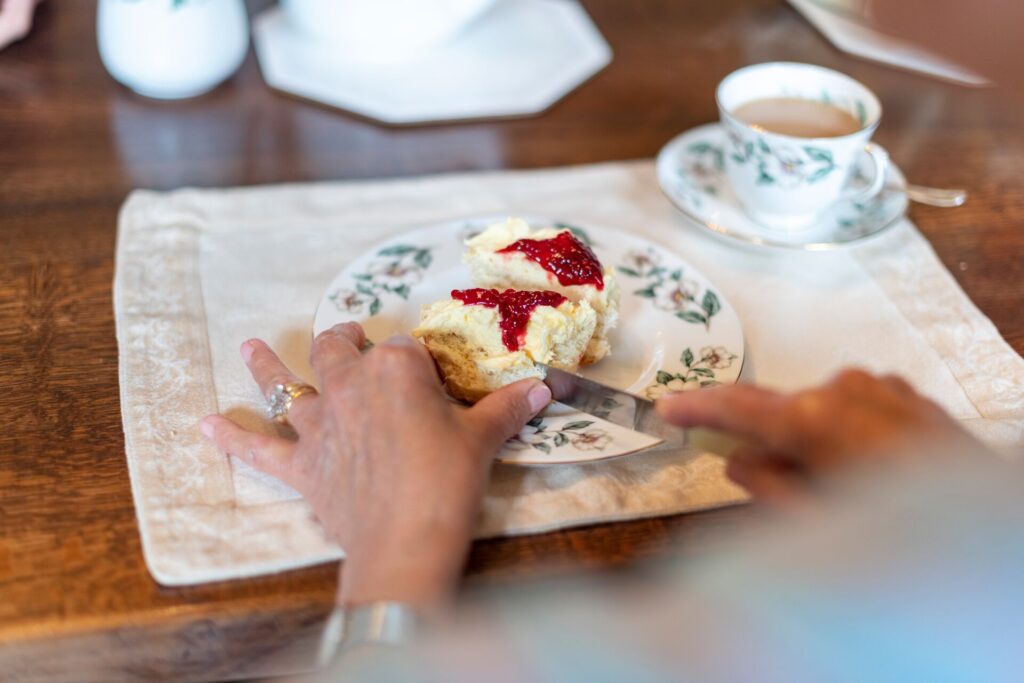
Apologize profusely for anything and everything
The British apologize for absolutely everything, even if it is not their fault and no offence occurred. A national pastime that can cause confusion to visitors. Step aside for someone on the sidewalk, say sorry. Someone doesn’t hear you correctly, say sorry. Stop a stranger to ask directions, say sorry.
The average British person probably says sorry more than any other word – research shows around 8 times a day. There is almost no situation a Brit will not apologize for, and it is not unusual to see more than one person apologize for the same incident. They even apologize for the aforementioned weather. “Sorry about the rain,” they’ll say, while it’s pouring cats and dogs, as if they personally drained the clouds.
However, the word works as both an apology and a universal icebreaker, and before you know it you will be apologizing profusely and reveling in its endearment.
Save up to $3,000* per couple on your first Premium Tour
Plus receive latest offers, travel inspiration, and discover how your travels will make a positive impact. Together, WE MAKE TRAVEL MATTER®. Subscribe NowThe art of queueing
Queueing is the British art form that deserves its own textbook. The word itself is even described as “just a “q” with a bunch of silent letters waiting in a line!” There’s something truly remarkable about the way Brits form orderly lines. You could be at a bus stop, a post office or even a coffee shop, and like magic, a queue will manifest, complete with an unspoken sense of etiquette.
If you take a moment to observe you will see there’s no pushing or shoving; instead, there’s a polite shuffle as each person ensures they’re in their rightful spot, often apologizing for standing so close. Even in an area with no visible line, the British will instinctively know to start one, whether it’s a grocery store or a concert, proving that patience truly is a virtue.

Respecting the ‘stand on the right’ of the escalator rule
In the UK, the ‘stand on the right’ rule for escalators is a revered guideline, akin to a sacred law of the land. As you approach an escalator, you’ll see the left side designated for the ambitious, who dare to rush up while the right side is reserved for those content to stand and ride.
Complying with this rule shows respect for fellow travelers, allowing a smooth flow of foot traffic. Britons take this matter seriously (especially when traveling through the London Underground) and breaching the rule can lead to significant social faux pas, as disgruntled commuters may eye you disdainfully and grumblingly questioning your commitment to orderliness. Should you find yourself trapped on the left side, a sheepish apology to those hurrying past will go a long way.
Embracing this unwritten code not only makes the escalator experience more harmonious but also ensures you’re one with the crowd, smoothly gliding towards your destination while maintaining that quintessential British sense of propriety!
Using zebra crossings
The UK’s roads are full of Zebra Crossings (not just the Beatles one outside Abbey Road). However, these black-and-white-striped marvels are not just decorative; they symbolize a sacred pact between pedestrians and drivers.
Press the magical button that alerts drivers to stop, and they must oblige. Then you adopt an air of royal confidence and step out as cars approach the crossing, engaging a satisfying dance of trust. Drivers will come to a halt, sometimes with a friendly wave of acknowledgment. It is then correct UK manners to offer a quick nod or a wave of thanks to the drivers is always in order. Another delightful ritual, complete with respect, timing, and a touch of British charm!

Let your accent shine through
Brits just love a visitor and there’s something utterly enchanting about a foreign accent. It’s like a magical passport that instantly elevates even the most mundane conversation and the Brits lean in, captivated.
They’ll often playfully mimic the accent, though not to mock. Picture a pub where a tourist orders a pint with a thick mid-west USA accent, and surrounding Brits can’t help but chime in with their best attempts at their dialect. Expect to hear lines from movies and famous TV shows.
There’s also an unspoken competition amongst Brits to identify the origins of an accent. The fascination often leads to an enthusiastic exchange of cultural tidbits, transforming a simple greeting into a delightful cross-cultural experience. So, if you’re a foreigner in Britain, let that accent shine—it’s your golden ticket to instant camaraderie and remember, be prepared to talk extensively about the weather in your hometown!
Feeling inspired to book a 2025 tour to Britain? Take a look at our exciting collection of premium tours and travel in style.
LIKED THIS POST? SHARE WITH YOUR COMMUNITY
